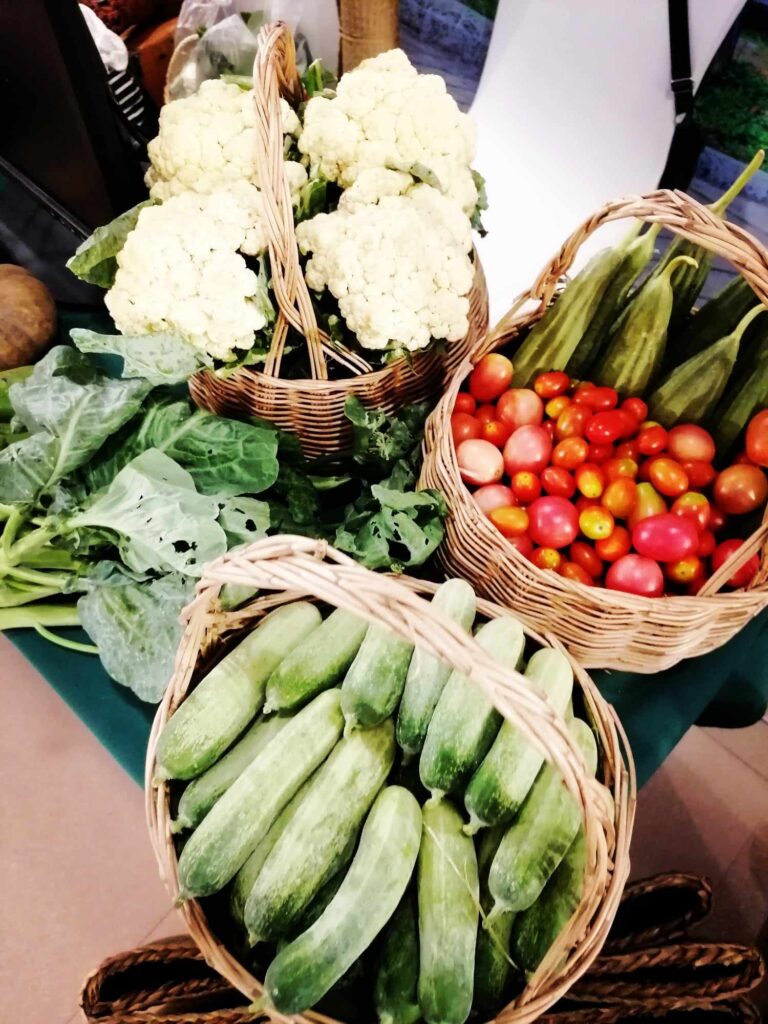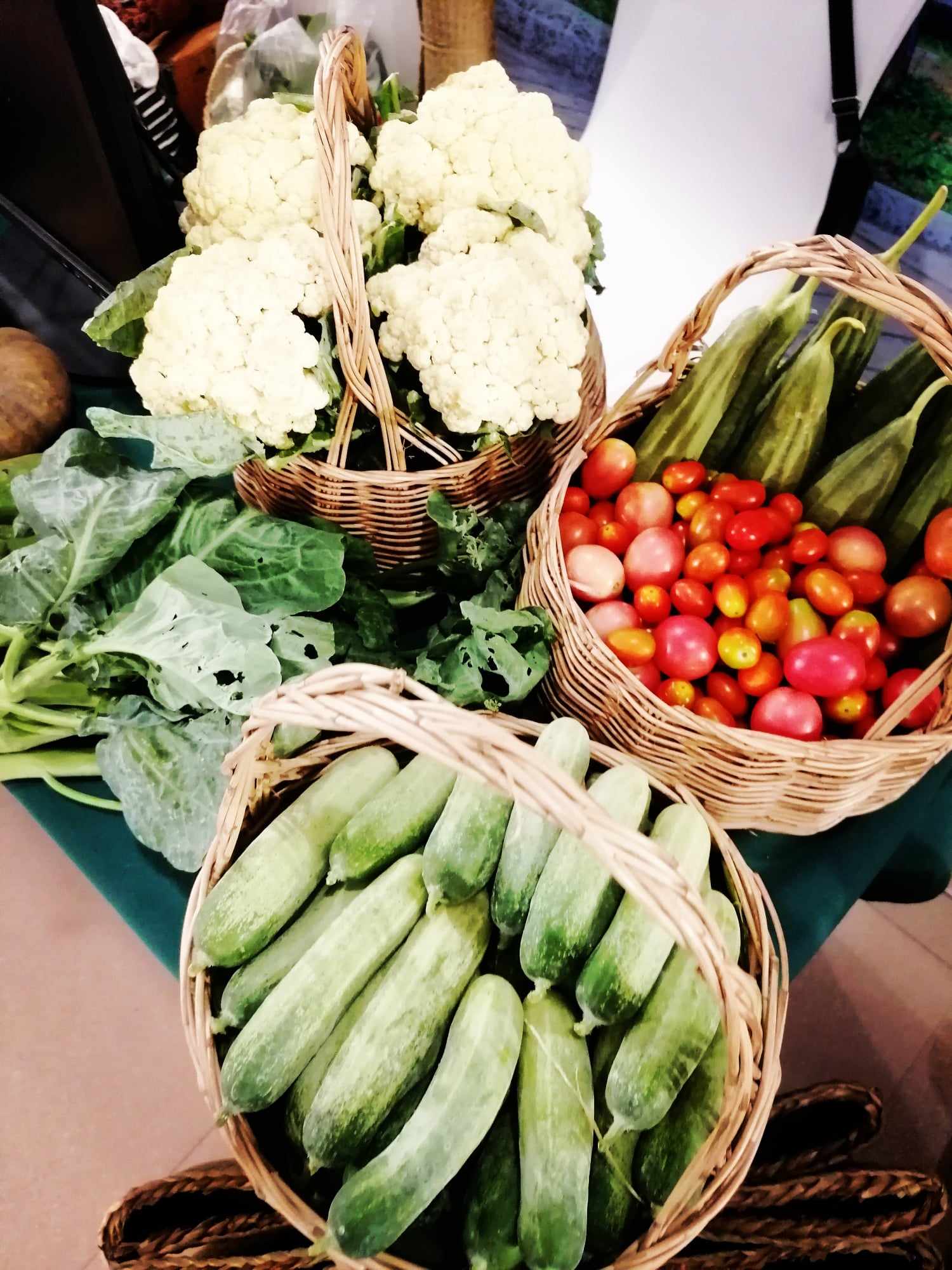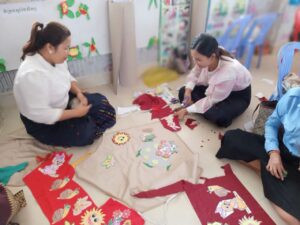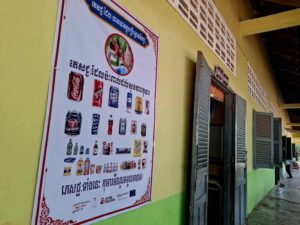Across Cambodia, rural communities are proving that the journey to a greener, more resilient future is already underway. Farmers are adopting sustainable practices that not only protect the environment but also strengthen their dignity, self-sufficiency, and resilience. Through greenhouses and composting, these communities are rising to meet the challenges of climate injustice and global economic inequality, building a pathway toward a greener, more resilient Cambodia.
The country’s agricultural backbone has long been strained under the weight of unsustainable practices – chemical fertilizers, illegal logging and, water overuse. Combined with the growing effects of climate change – such as more frequent droughts and floods – farming has become increasingly difficult. Yet, there is hope. Rural communities are showing the world that the solutions to their survival lie not in industrial machinery, but in the wisdom of green farming. The earth calls for healing, and the farmers are answering.
The CO-SAVED project, co-led by Action Education / Aide et Action (AEA) and co-funded by the EU, is empowering farmers with the knowledge, training, and resources required to transition to sustainable farming practices. The goal is to enhance climate resilience and support the growth of local businesses, benefitting both families and the environment. Cambodian farmers are freeing themselves from dependence on chemicals and unsustainable practices; they become masters of their own destiny.
Mrs. Ing Sarun’s story is truly inspiring. She is a grandmother from Kampong Sameky village, Kampot, whose resilience reflects the collective strength of rural Cambodia. With the support from the CO-GREEN team in partnership with Khmer Seed Company (KS), she got co-investment fund to embrace green farming. At the Cambodia Climate Change Summit in October 2024, she met the Minister of Environment Eang Sophalleth. “I never imagined I’d meet someone so important!” she said, her voice filled with pride. “I love learning about sustainable practices.”
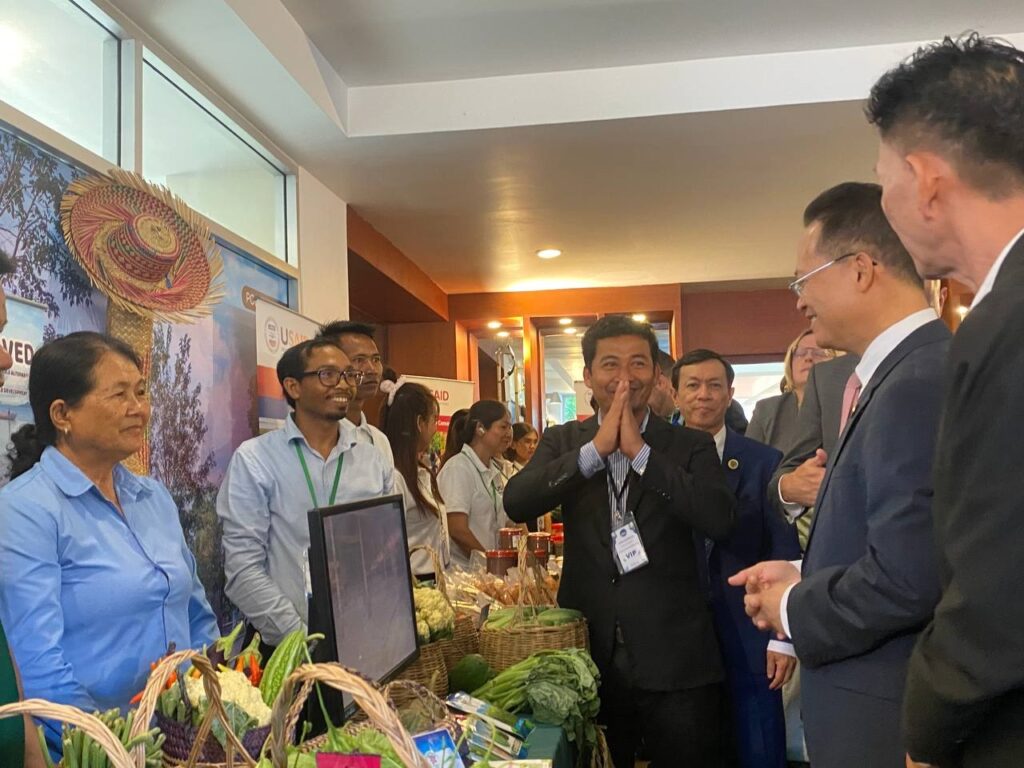
Greenhouses: A Game-Changer for Sustainable Farming
Mrs. Ing Sarun’s journey highlights how green farming can improve lives, uplifting local communities and paving the way for a sustainable future for all. “I’m very happy with my greenhouse,’’ she said. “It’s the reason why I can sell more vegetables at the market.” Greenhouses provide a stable, controlled environment that allows crops to be grown continuously throughout the entire year, regardless of the erratic climate. They allow farmers to break free from the unpredictable shifts of weather, ensuring a more stable income.
Furthermore, greenhouses provide a direct countermeasure to the destructive practices of the past, by offering significant environmental and health benefits. Through irrigation systems, they conserve water, reducing waste, runoff, and evaporation – which is especially important during the dry season. The protective shelter also helps maintain soil health, shielding it from extreme weather, erosion, and degradation, ultimately preserving soil fertility.
In addition, they protect the health of farmers and consumers alike, as exposure to toxic chemicals can lead to long-term health risks. In a greenhouse setting, farmers can instead utilize natural pest control methods, such as beneficial insects, and choose organic fertilizers, like compost. As Mrs. Ing Sarun explained, “I use cow manure – it’s all-natural, and it works great.” Through composting, farmers are restoring the integrity of the land, turning back the tide of destruction.
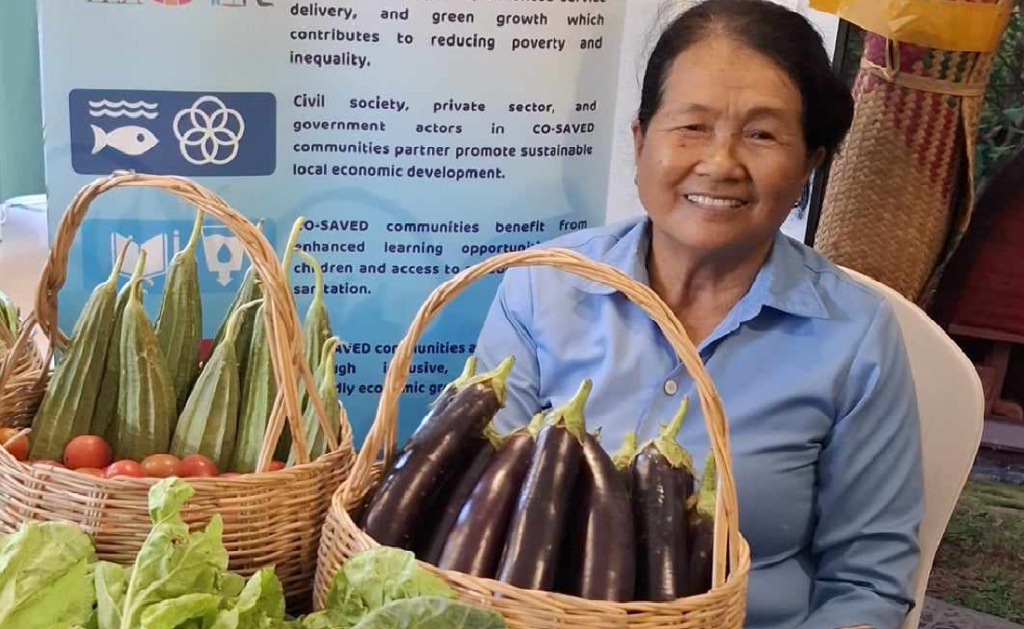
Composting: Turning Waste into Wealth
Composting is another simple yet impactful practice reshaping agriculture in Cambodia. In a country where chemical fertilizers have long depleted soil fertility, farmers are turning organic waste into rich, nutrient-dense compost, nurturing the land. Composting is also a powerful tool in the global fight against climate change, as it reduces greenhouse gas emissions and stores carbon in the soil – right from the fields of Cambodia.
Recycling through composting creates a circular system that is both environmentally sustainable and economically empowering. Healthier, more fertile soil means higher yields and more produce to sell or consume. By making their own compost, farmers are also freeing themselves from the chains of dependency on expensive, harmful chemicals, increasing their self-sufficiency. In some cases, they can even sell their compost, creating an additional revenue stream.
While greenhouses are symbols of resilience, composting is an act of resistance against the exploitation of natural resources. Green farming is a commitment to the land and future generations. Adapting to climate change, Cambodian farmers are strengthening their economic independence and, building a more sustainable and self-reliant future for their families and communities. Their resilience offers a hopeful vision for a world where people and nature thrive together.
